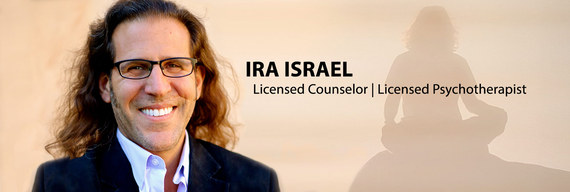Although I greatly admire Benjamin Bratton's provocative anti-TED TEDx Talk and remain surprised that some disgruntled blogger has not yet posted a coequal anti-blog such as "How Blogging Is Tantamount To Slavery," I do not entirely agree with Professor Bratton who derides TED Talks stating that "the key rhetorical device of any TED Talk is epiphany and personal testimony." Amy Cuddy, Elizabeth Gilbert and Brene Brown's TED Talks are marvelous examples of shifting intellectual paradigms by revealing personal overcomings.
As a workshop leader, I strongly believe that it is impossible to teach anyone past the age of 16 years-old very much. Every time I stand in the front of a conference hall of doctors, lawyers, engineers, scientists, musicians, artists and fellow psychotherapists, I tell them that I truly believe that I doubt that I can teach them anything.
Similarly, I tell them that with my 3 graduate degrees and a token I can ride the subway all day - meaning that cramming one's head full of information is essentially useless. What any teacher hopes for in a student is transformation - leading someone unsuspectingly towards an "a-ha" moment, a fresh way of seeing things. And you cannot directly teach this or engender it through providing information alone.
But you can inspire people to want to change, learn, evolve, grow, try new solutions, gently test the borders of their comfort zones, and transform.
And that is why the personal testimonies in TED Talks are so pivotal. Just as the adage in the 12-step program states, "They saw what we had and they wanted it," it is useless to tell anyone not to be an addict. But you can inspire him or her to try more skillful solutions.
As Maslow so aptly stated, "When the only tool you have is a hammer, every problem resembles a nail."
So my job as a teacher is to share new tools.
I inform students that they should envision whatever room we are in as a giant fitting room at their favorite store and they should try on some of the tools I share as if they were trying on new slacks to see if they fit. If one out of the twenty or thirty tools fits - or inspires them to try a more skillful solution - then they are free to wear it out into the world at the end of the day and leave the others behind.
I share tools. And I hope that some of these tools raise consciousness in others and provide hitherto unseen perspectives that inspire them to want to change, learn, evolve, grow, try new solutions, gently test the borders of their comfort zones, and transform.

